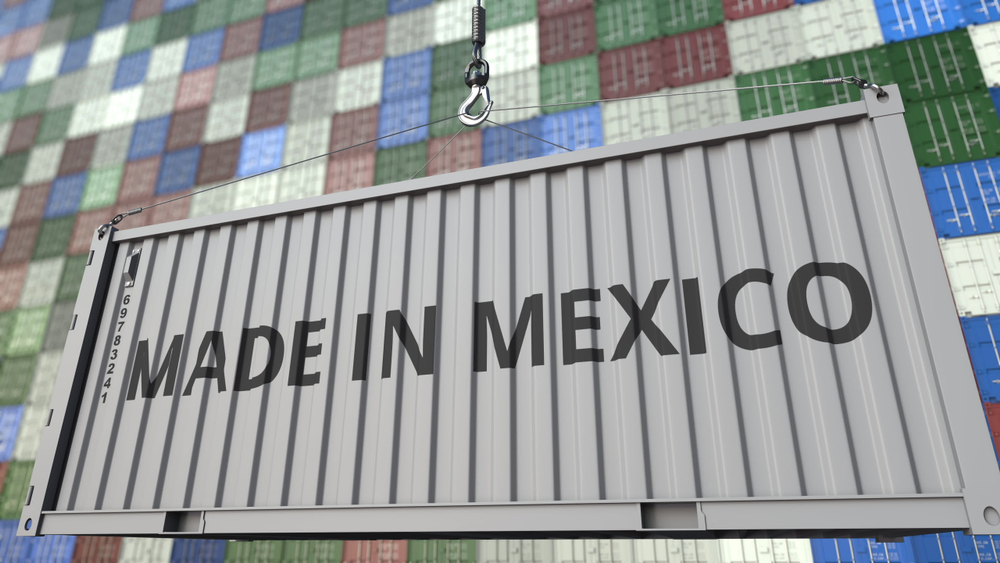Creating a path toward energy security and sustainability is a challenge many countries face, and government inefficiencies can often make matters worse. However, the recent energy reforms that Mexican President Enrique Pena Nieto passed into law have laid the foundation for both domestic and international companies looking to manufacture in Mexico without having to face ballooning production costs. From the first steps former President Carlos Salinas took in working across the border with the U.S. in pursuing the North American Free Trade Agreement to the current transformation of the energy sector, international businesses have a lot to look forward to by offshoring production and distribution capabilities in Mexico.
Some of the biggest winners of the recent changes in energy regulations has been those in the renewable and oil sector, as well as organizations in charge of creating the infrastructure needed to transport resources and aid in exploration, according to Bloomberg Businessweek.
Ienova sees financial stability in energy security
At the forefront of the revolution in energy production is the Mexican firm Infraestructura Energetica Nova SAB. As of last year, the company's stock grew by 53 percent and the future looks bright because of necessary investments in Mexico's infrastructure to meet the benchmarks established by the energy reforms.
In the short term, Mexico City-based Ienova has its eye on establishing effective renewable energy facilities. Tania Ortiz, vice president of external affairs and business development for Ienova, explained the company will participate by bidding on several wind farms capable of generating 100 megawatts of electricity. The auction will take place at the end of April and will be conducted by the Comision Federal de Electriciadad, Businessweek reported. According to earlier reports by Project Finance International, Ienova has already agreed to support a 155 megawatt wind farm in Baja, California, which will likely cost nearly $245 million.
Delivering the infrastructure needed for transportation
Mexico's oil resources have become a source of pride and potential for the country, but there's still progress the government and enterprises can make to ensure citizens and businesses can take advantage of the energy supply. Accordingly, the most promising venture that Ienova will likely pursue is developing the infrastructure required for exploration, extraction, transportation and distribution.
"Energy reform brings in new capital and new drilling and makes Mexico able to grow its own natural gas production," Curt Launer, an analyst at Deutsche Bank AG, told Businessweek. "Ienova is very well positioned to be the natural gas processor, to be the liquids processor, and the joint venture they already have with Pemex looks like it would be a big winner in any of those circumstances."
The new energy legislation has also led to greater collaboration among domestic energy firms. In fact, Businessweek highlighted the partnership between Petroleos Mexicanos and Ienova that will develop the infrastructure needed to transport oil. The Los Ramones pipeline reflects collaboration between the two firms and will span 441 kilometers when finished. The first injection of cash - $1.05 billion - will aid the companies as they work to complete the project to enable further oil distribution and storage, as well as other petrochemical initiatives.
Manufacturing in Mexico has already provided an increasing number of international firms an excellent way to develop a more efficient supply chain and avoid international trade barriers. Obviously, quality-driven manufacturing depends on a stable and sustainable source of energy and the requisite infrastructure, which Mexico is rapidly working to deliver. Meanwhile, international and domestic partnerships will likely speed energy exploration and help enterprises construct facilities necessary to support the sector.
Subscribe
Sign up and stay informed with tips, updates, and best practices for manufacturing in Mexico.





